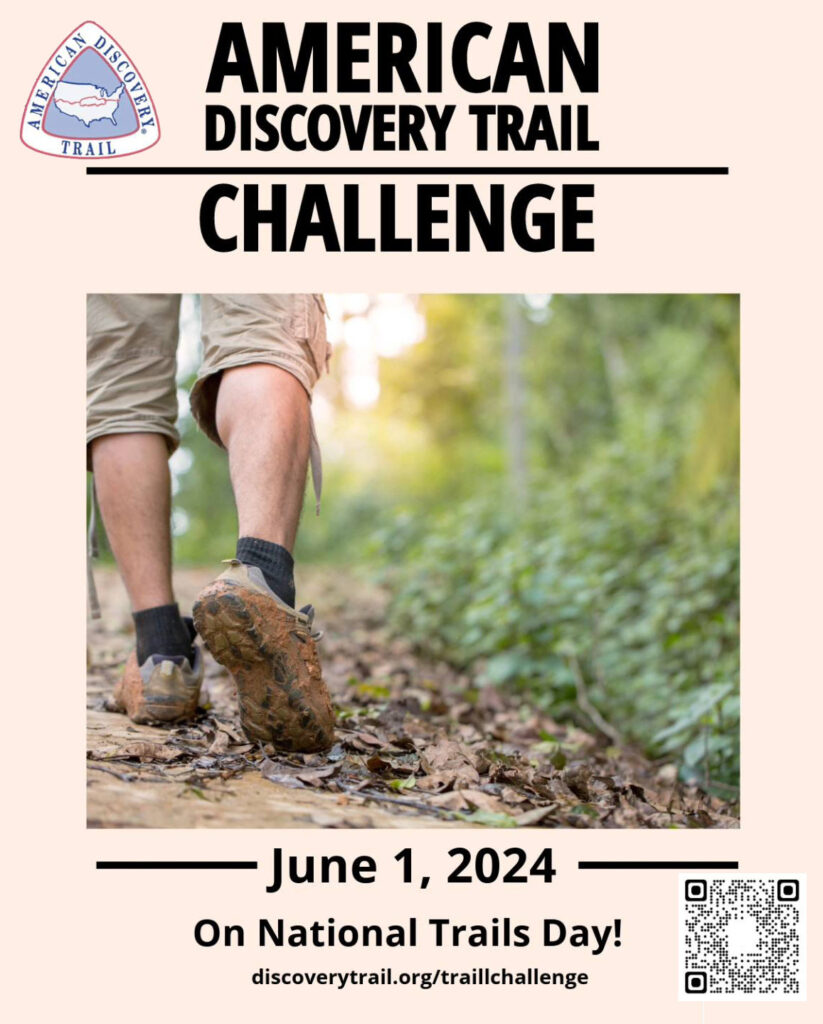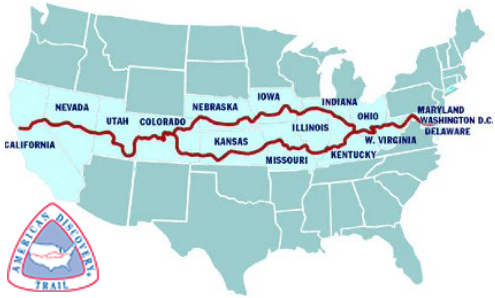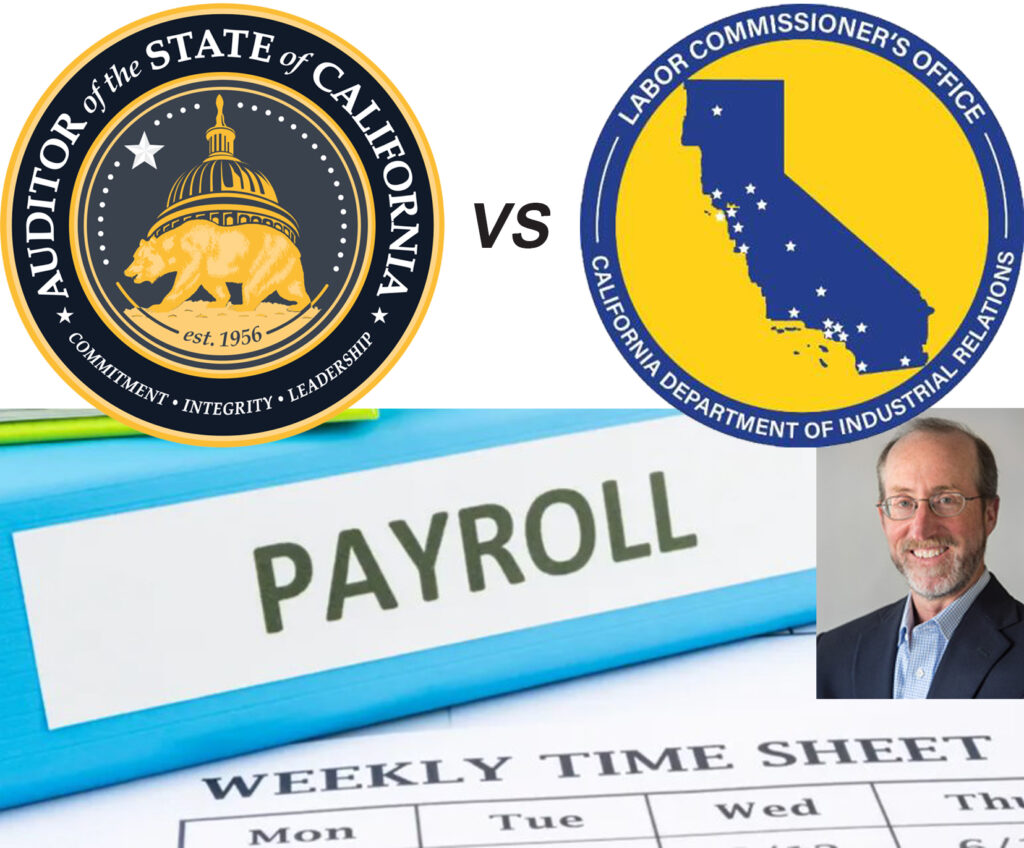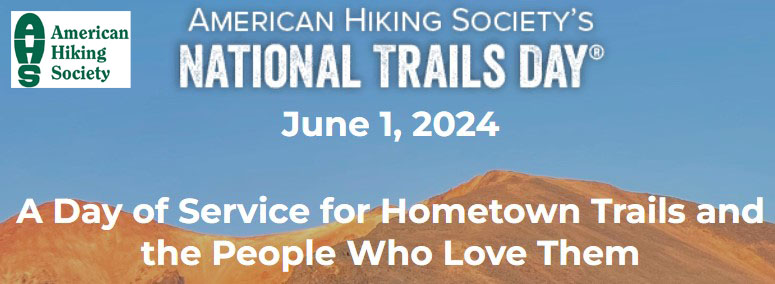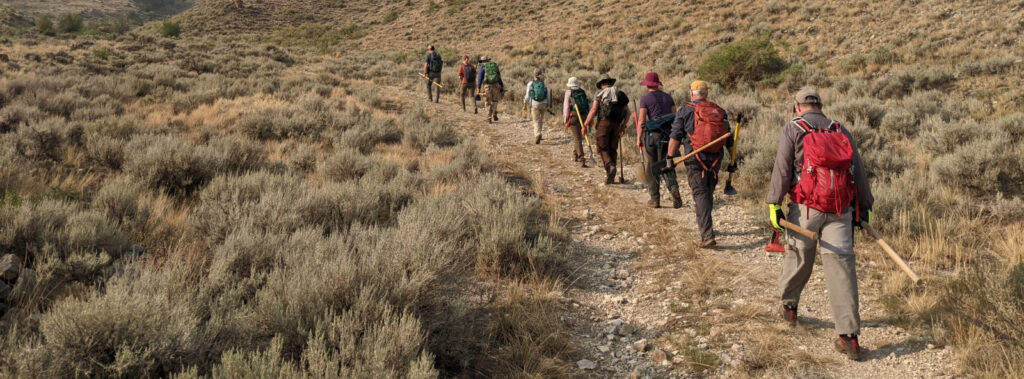Short of signatures for fall, organizers target California’s 2026 ballot for initiative on students’ transgender issues
Thursday, May 30th, 2024
Protect Kids California’s effort would require schools to tell parents if their child signals gender changes, prevent biological males in girls’ sports and ban sterilization of children
Claim Attorney General’s ballot title and language change hurt signature gathering effort, lawsuit filed
“Our message is simple. Schools shouldn’t keep secrets from parents” – Protect Kids CA
By Allen D. Payton
California activists seeking to empower parents over their children’s decisions to identify as transgender failed to place a trifecta of restrictions on the November ballot known by the organizers as the Protect Kids of California Act of 2024. Attorney General Rob Bonta changed the ballot title to Restricts Rights of Transgender Youth. Initiative Statute and he changed the ballot language, as well which hampered the signature gathering efforts organizers claim.
According to Students First: Protect Kids California, the initiative will: (1) repeal the California law that permits students to compete in female’s sports and students to be in females’ locker rooms and bathrooms; (2) prohibit schools from deceiving parents about their student’s gender identity crisis and stop them from secretly transitioning a child; and (3) stop sex change operations and chemical castrations on minors.
The organization started late last fall to consolidate their three separate initiatives into one, and its signature-gathering efforts supported by 400,000 voters fell short of the 546,651 verifiable signatures that had to be collected within six months to make the presidential election ballot. The goal was to collect 800,000 signatures to be safe.
Organizers posted their complaint about Bonta’s ballot language changes on the group’s Facebook page on April 2. Initiative committee Executive Team member Nicole C Pearson wrote, “Every Californian, regardless of whether they agree with the initiative, should be concerned about an attorney general who ignores the law and uses his power to sabotage ballot initiatives. We plan to hold Bonta accountable for allowing his political agenda to get in the way of doing his job.”
The post included a link to an opinion on the Orange County Register website decrying the changes which reads, “As required by California law, proponents submitted the measure to Bonta to receive a neutral official title and summary to use in petitions. Bonta then returned the measure with a new title with a negative and misleading slant: the “Restricts Rights of Transgender Youth Initiative.” And he gave it a summary that was not only completely prejudicial and designed to mislead the electorate — it also contained lies.”
Then on Tuesday, May 28 the group issued a press release announcing the setback in a post on their Facebook page which reads, “We want to thank our tens of thousands of supporters and volunteers for this truly historic effort!Together, we collected over 400,000 signatures – an unprecedented achievement for a 100% grassroots effort. You really are amazing! While it is unfortunate we did not have enough signatures to make the 2024 ballot, we will build off this momentum to continue to fight for the principles set forth in the Protect Kids of California Act.”
The press release reads, “Protect Kids California announced on Tuesday, May 28, 2024, they collected an impressive 400,000 signatures for their proposed ballot measure but fell short of the 546,651 required to be collected within a 180-day timeframe to appear on the ballot.
Tens of thousands of volunteers gathered signatures from every county in California. The largest collection areas were Los Angeles, Orange, Riverside, San Bernardino, San Diego, Santa Clara and Alameda Counties.
A completely grassroots effort, Protect Kids California raised close to $200,000 from over 1,200 donors. This equates to less than 50 cents per signature, a fraction of the amount standard ballot measure committees spend.
“While we are disappointed we didn’t meet the threshold to qualify for the ballot, we are encouraged by the amount of support from every sector of the state. We gathered more signatures for a statewide initiative than any all-volunteer effort in the history of California.” “We had severe headwinds from the beginning. California Attorney General Rob Bonta issued a false and misleading Title & Summary for our initiative. That made our fundraising efforts more difficult. While we sued the Attorney General, a Superior Court Judge denied our motion in April. We plan to appeal the Superior Court Judge’s decision, at which time we will decide how to proceed in the future. If we had a little more time or a little more money, we would have easily qualified for the ballot.”
But battles over transgender issues will continue to burn bright in courts, school districts and the Legislature. Despite a setback, initiative organizers were buoyed by the 400,000 signatures that thousands of volunteers collected. They are confident that they will attract more donations and enough signatures to qualify for the November ballot two years from now — and find more support than leaders in heavily Democratic California assume exists.
“We’re very confident that voters would pass this if it gets to the ballot box,” said Jonathan Zachreson, a Roseville City school board member, co-founder of Protect Kids California and an official proponent of the initiative. “We gathered more signatures for a statewide initiative than any all-volunteer effort in the history of California.”
“We started around the holidays which didn’t help,” he added. “It was an all-volunteer effort. It usually takes about $7 million to get something on the ballot. We raised just under $200,000 which covered our costs. But we didn’t have money to pay signature-gatherers. We had around 25,000 to 30,000 volunteers. Our efforts really took off in the past two months. In the past few weeks, we were collecting so many signatures it was hard to keep up.”
The organizers proposed language for the three-pronged initiative read:
- REQUIRES schools to notify parents regarding children’s mental health concerns identified in school settings, including gender identification issues.
- PROTECTS girls’ competitive sports and school spaces to be for biological girls only.
- PREVENTS the sterilization of children by prohibiting the use of puberty blockers, cross-sex hormones, mastectomies and genital surgeries for minors
But Bonta’s ballot language for the initiative was changed to read instead:
- Requires public and private schools and colleges to: restrict gender-segregated facilities like bathrooms to persons assigned that gender at birth; prohibit transgender female students (grades 7+) from participating in female sports. Repeals law allowing students to participate in activities and use facilities consistent with their gender identity.
- Requires schools to notify parents whenever a student under 18 asks to be treated as a gender differing from school records without exception for student safety.
- Prohibits gender-affirming health care for transgender patients under 18, even if parents consent or treatment is medically recommended.
The second issue has sparked a firestorm within the past year.
Last week, a Democratic legislator introduced a late-session bill that would preempt mandatory parental notification. Assembly Bill 1915, by Assemblymember Chris Ward, D-San Diego, would prohibit school districts from adopting a mandatory parental notification policy and bar them from punishing teachers who defy outing policies of LGBTQ+ students.
Last year, Assemblymember Bill Essayli, R-Corona, introduced a bill that would require parental notification, but AB 1314 died in the Assembly Education Committee without getting a hearing. Committee Chair Al Muratsuchi, D-Torrance, reasoned the bill would “potentially provide a forum for increasingly hateful rhetoric targeting LGBTQ youth.”
Ward cited surveys of transgender and gender nonconforming youths that found most felt unsafe or unsupported at home. In one national survey, 10% reported someone at home had been violent toward them because they were transgender, and 15% had run away or were kicked out of home because they were transgender.
The California Department of Education has issued guidance that warns that parental notification policies would violate students’ privacy rights and cites a California School Boards Association model policy that urges districts to protect students’ gender preferences.
But Zachreson argues that even if children have a right to gender privacy that excludes their parents, which he denies exists, students waive it through their actions. “At school, their teachers know about it, their peers and volunteers know about it, other kids’ parents know about it — and yet the child’s own parent doesn’t know that the school is actively participating in the social transition,” he said.
In some instances, he said, schools are actively taking steps to keep name changes and other forms of gender expression secret from the parents.
“What we’re saying is, no, you can’t do that. You have to involve the parents in those decisions,” he said.
Ward responds that many teachers don’t want to be coerced to interfere with students’ privacy and gender preferences. “Teachers have a job to do,” he said. “They are not the gender police.”
A half-dozen school districts with conservative boards, including Rocklin, Temecula Valley and Chino Valley, have adopted mandatory parental notification policies. Last fall, California Attorney General Rob Bonta sued Chino Valley, arguing its policy is discriminatory. A state Superior Court judge in San Bernardino agreed that it violated the federal equal protection clause and granted a preliminary injunction. The case is on appeal.
Last July, U.S. District Court judge for Eastern California threw out a parent’s lawsuit against Chico Unified for its policy prohibiting disclosure of a student’s transgender status to their parent without the student’s explicit consent. The court ruled that it was appropriate for the district to allow students to disclose their gender identity to their parents “on their own terms.” Bonta and attorney generals from 15 states filed briefs supporting Chico Unified; the case, too, is on appeal.
While some teachers vow to sue if required to out transgender students to their parents, a federal judge in Southern California sided with two teachers who sued Escondido Union School District for violating their religious beliefs by requiring them to withhold information to parents about the gender transition of children. The judge issued a preliminary injunction against the district and then ordered the return of the suspended teachers to the classroom.
No California appellate court has issued a ruling on parent notification, and it will probably take the U.S. Supreme Court for a definitive decision. Essayli pledged to take a case there.
The National Picture
Seven states, all in the deeply red Midwest and South, have laws requiring identification of transgender students to their parents, while five, including Florida and Arizona, don’t require it but encourage districts to adopt ther own version., according to the Movement Advancement Project or MAP, an independent nonprofit.
Two dozen states, including Florida, Texas, and many Southern and Midwest states ban best-practice health care, medication and surgical care for transgender youth, and six states, including Florida, make it a felony to provide surgical care for transgender care. Proponents cite the decision in March by the English public health system to prohibit youths under 16 from beginning a medical gender transition to bolster the case for tighter restrictions in the United States.
California has taken the opposite position; it is one of 15 like-minded states and the District of Columbia with shield laws to protect access to transgender health care. They include New York, Oregon, Washington, Colorado and Massachusetts.
Twenty-five states have laws or regulations banning the participation of 13- to 17-year-old transgender youth in participating in sports consistent with their gender identification.
Not one solidly blue state is among those that have adopted the restrictions that Protect Kids California is calling for. But Zachreson and co-founder Erin Friday insist that contrary to the strong opposition in the Legislature, California voters would be open to their proposals. They point to favorable results in a survey of 1,000 California likely voters by the Republican-leaning, conservative pollster Spry Strategies last November.
- 59% said they would support and 29% would oppose legislation that “restricts people who are biologically male, but who now identify as women, from playing on girl’s sports teams and from sharing facilities that have traditionally been reserved for women.”
- 72% said they agreed, and 21% disagreed that “parents should be notified if their child identifies as transgender in school.”
- 21% said they agreed, and 64% disagreed that “children who say they identify as transgender should be allowed to undergo surgeries to try to change them to the opposite sex or take off-label medications and hormones.”
The voters surveyed were geographically representative and reflective of party affiliation, but not demographically, The respondents were mostly white and over 60, and, in a progressive state, were divided roughly evenly among conservatives, moderates and liberals.
Two Versions of Protecting Children
Both sides in this divisive cultural issue say they’re motivated to protect children. One side says it’s protecting transgender children to live as they are, without bias and prejudice that contribute to despair and suicidal thoughts. The other side says it’s protecting kids from coercion to explore who they aren’t, from gender confusion, and exposure to values at odds with their family’s.
Zachreson and Friday wanted to title their initiative “Protect Kids of California Act of 2024.” But Bonta, whose office reviews initiatives’ titles and summaries, chose instead “Restrict Rights of Transgender Youth. Initiative Statute.” Zachreson and Friday, an attorney, appealed the decision, but a Superior Court Judge in Sacramento upheld Bonta’s wording, which he said was accurate, not misleading or prejudicial.
“The ballot title was obviously biased and the summary was intentionally meant to deceive voters and hampered our efforts to get this on the ballot this year,” Zachreson continued. “The statutory requirement is to be impartial and factual. He did the opposite. He was biased and he had descriptions that were false. Bonta claimed there were no exceptions for student safety when notifying parents. But that’s not correct. It’s already in the law.”
Zachreson is appealing again. A more objective title and summary would make a huge difference, he said, by attracting financial backing to hire signature collectors and the support and resources of the California Republican Party, which declined to endorse the initiative. That was a strategic mistake in an election year when turnout will be critical.
“The people who support the initiative are passionate about it,” he said.
The organizers may have to start over but a lawsuit about the biased title and summary was filed asking for a change in the language, to use the signatures already gathered and to grant an extension.
“The appeal won’t be heard until after the November election,” Zachreson shared.
Effort for November 2026 Ballot Continues
If a judge rules in their favor it will make it easier for the group to complete the signature gathering to qualify for the next General Election ballot which will be in November 2026.
Political observer Dan Schnur, who teaches political communications at USC, UC Berkeley and Pepperdine University, agreed that the gender debate could have motivated Republicans and swing voters to go to the polls.
“There’s no question that the Attorney General’s ballot language had a devastating effect on the initiative’s supporters and it could have almost as much of an impact on Republican congressional candidates this fall,” he said.
“Our message is simple. Schools shouldn’t keep secrets from parents; we should protect girls’ sports and private spaces at school; and we should protect kids from unproven, life-altering and often sterilizing medical procedures. We vow to continue fighting for these principles,” the group’s May 28th press release concluded.
To learn more about Protect Kids California, visit http://www.protectkidsca.com.
John Fensterwald who writes about education policy and its impact in California for EdSource.org contributed to this report.












